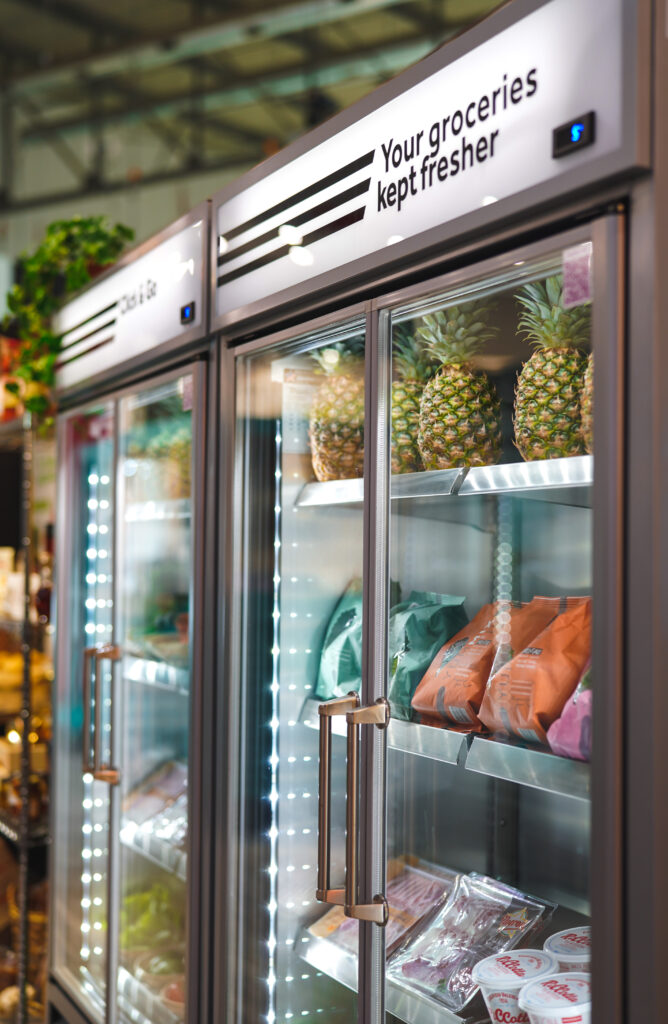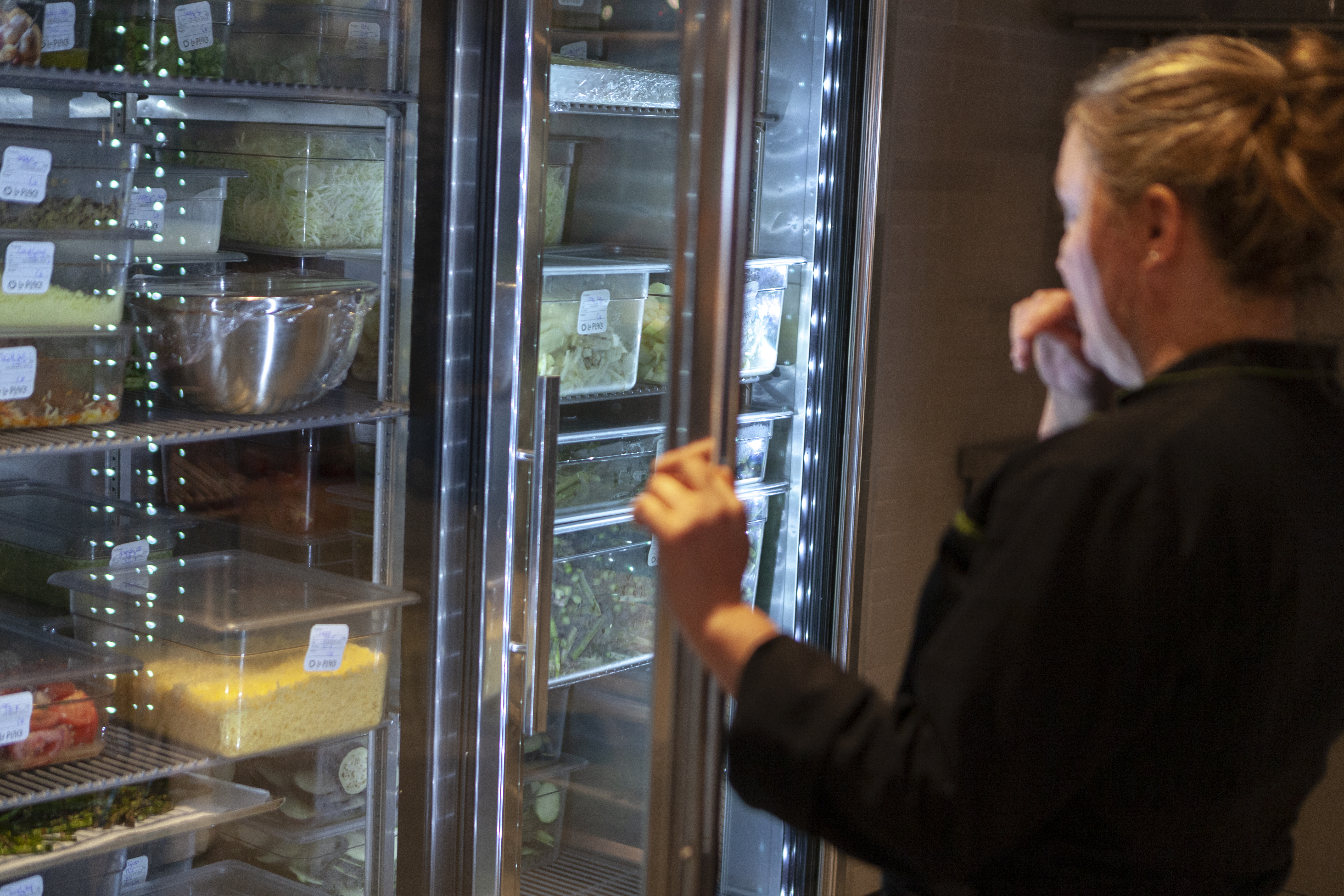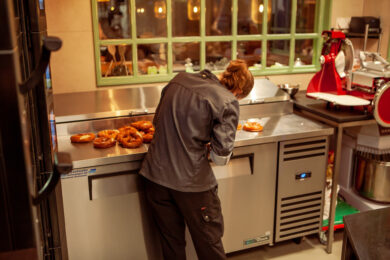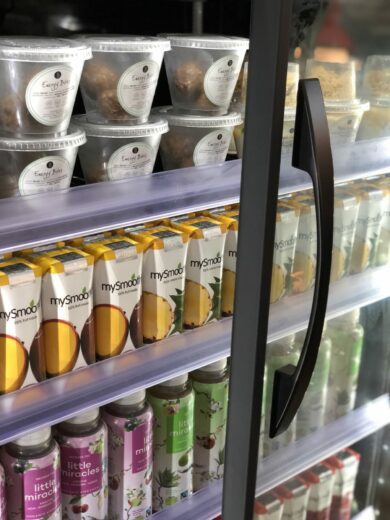There’s a war taking place in Australian commercial kitchens and cool rooms. It’s the war between warm air and cold air, and it’s been causing condensation for generations.
While condensation may be reasonably common, it’s not something to be taken lightly – especially if you’re having ongoing problems. Constant and excessive levels of condensation on the outside of your commercial refrigerators or cold rooms can indicate bigger issues.
Symptoms requiring further investigation include puddles of water sitting at the bottom of your fridge units or, worse, leaking out on to the surrounding floor. Beyond an inconvenience, prolonged exposure to condensation can cause mould, rotting, corrosion and other damage to refrigeration equipment. It can also be quite unhygienic – especially if any of the excess moisture comes into contact with your food or ingredients. There are potential slipping hazards too, of course.
What causes condensation?
There are several potential causes of condensation. But, ultimately, they’re all situations where warm air and cold air come together. When the ‘dew point’ is reached the air becomes so saturated that it simply can’t hold any more water and the excess vapour turns into liquid, aka condensation.
Humid conditions.
Weather can be a big contributor to condensation. There is generally a higher risk of condensation in places – and spaces – that are very humid. Indoors, carefully balancing your air conditioning AND refrigeration temperatures can help to reduce the risks by manipulating the dew point. Outdoors, it can be a lot trickier as you’re at the mercy of Mother Nature.
Hot food.
Putting warm food into a refrigerator or cool room too soon is another common trigger for condensation. It can be tempting to store food quickly to reduce the risk of spoiling or food poisoning. However, bacteria only starts to grow when food has been at room temperature for a while, usually more than an hour. Our advice? Let it cool for a while before refrigerating.
Open doors!
Fridge doors are constantly being opened and closed in busy kitchens. But when opened too often or too long, it can play havoc with condensation levels. Talk to your employees about the issue and try to minimise the amount of time doors are opened – and be careful not to leave them open by mistake!
Worn out gaskets
Door gaskets (rubber seals) are absolutely critical to the performance of your refrigeration units and cool rooms. If the gasket on a fridge door becomes dirty or damaged, it could allow cold air to leak out and almost inevitably cause excess condensation. You’ll also be wasting energy (and money). The good news is, replacing gaskets is quick and easy.
Is your fridge level?
Many modern commercial refrigeration units have drains to help with excess water management. But if your refrigerator has been bumped or moved, and isn’t sitting level on the floor, this water may not be able to flow to the drain – a situation which can cause problems. Check with a spirit level (most smartphones can do this nowadays) and try raising the front floor screws by a couple of turns to adjust the level of your fridge.
Summing up, condensation is reasonably common in Australian commercial kitchens and cool rooms. But it needn’t be cause for concern. The key is be aware of the potential causes, and nip them in the bud before they create bigger problems.

Did you know?
It’s no coincidence Australian supermarkets are often icy cold.
They intentionally keep the air temperature down to avoid condensation building up on their fridges, freezers and cold-display units.
Like to know more about reducing condensation?
Contact us today.






